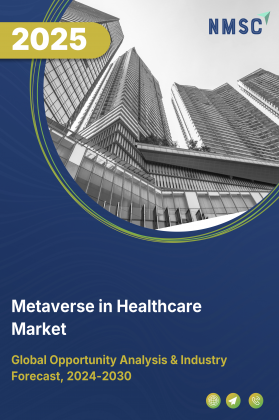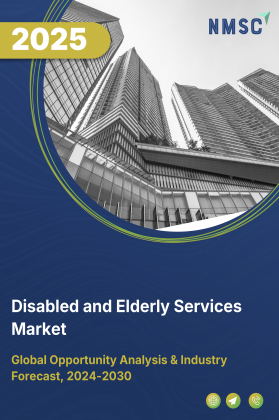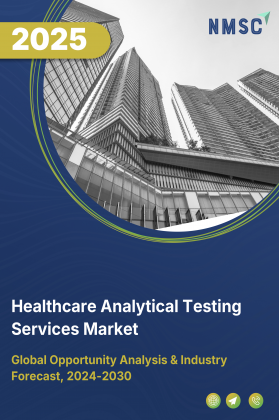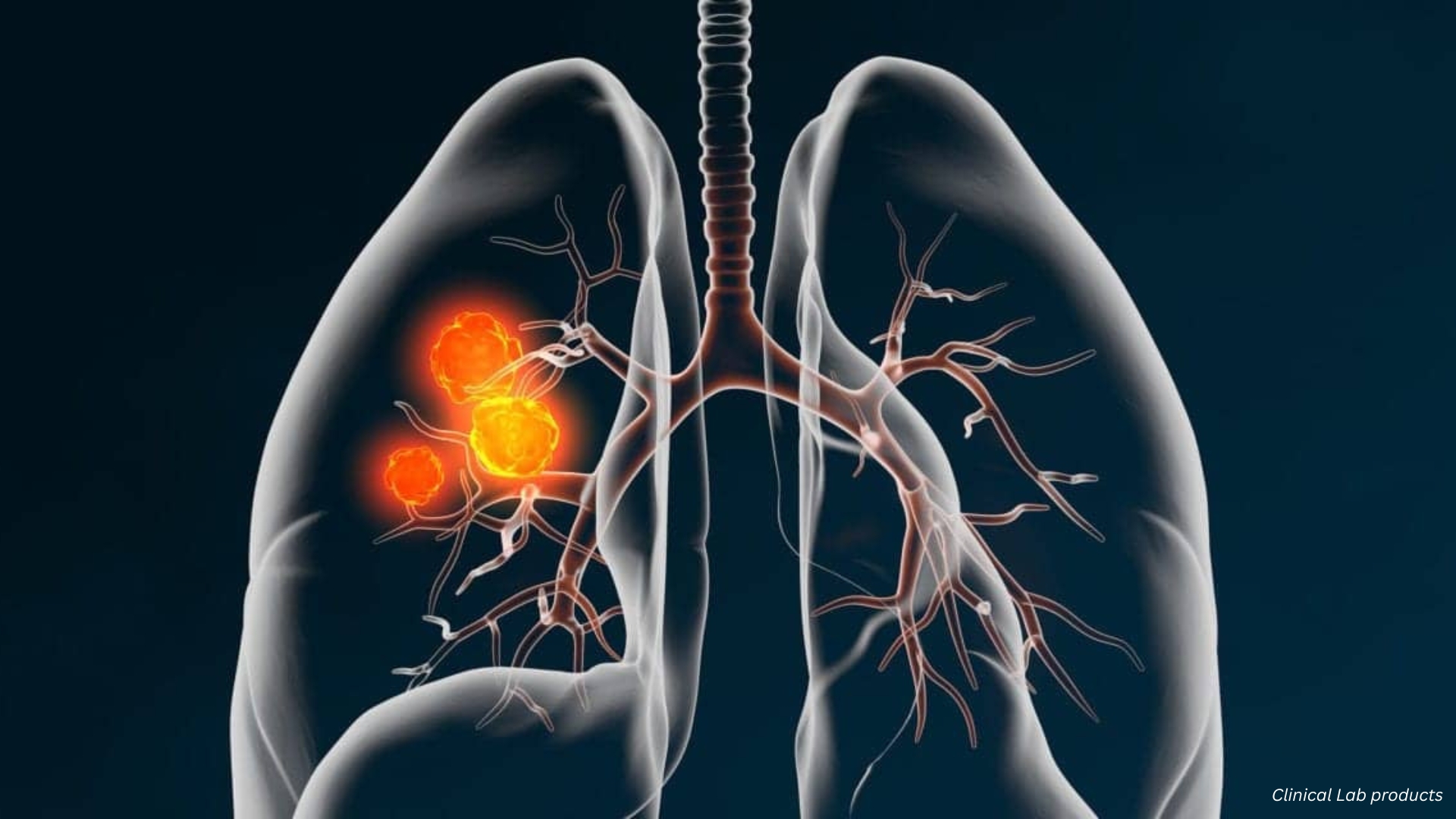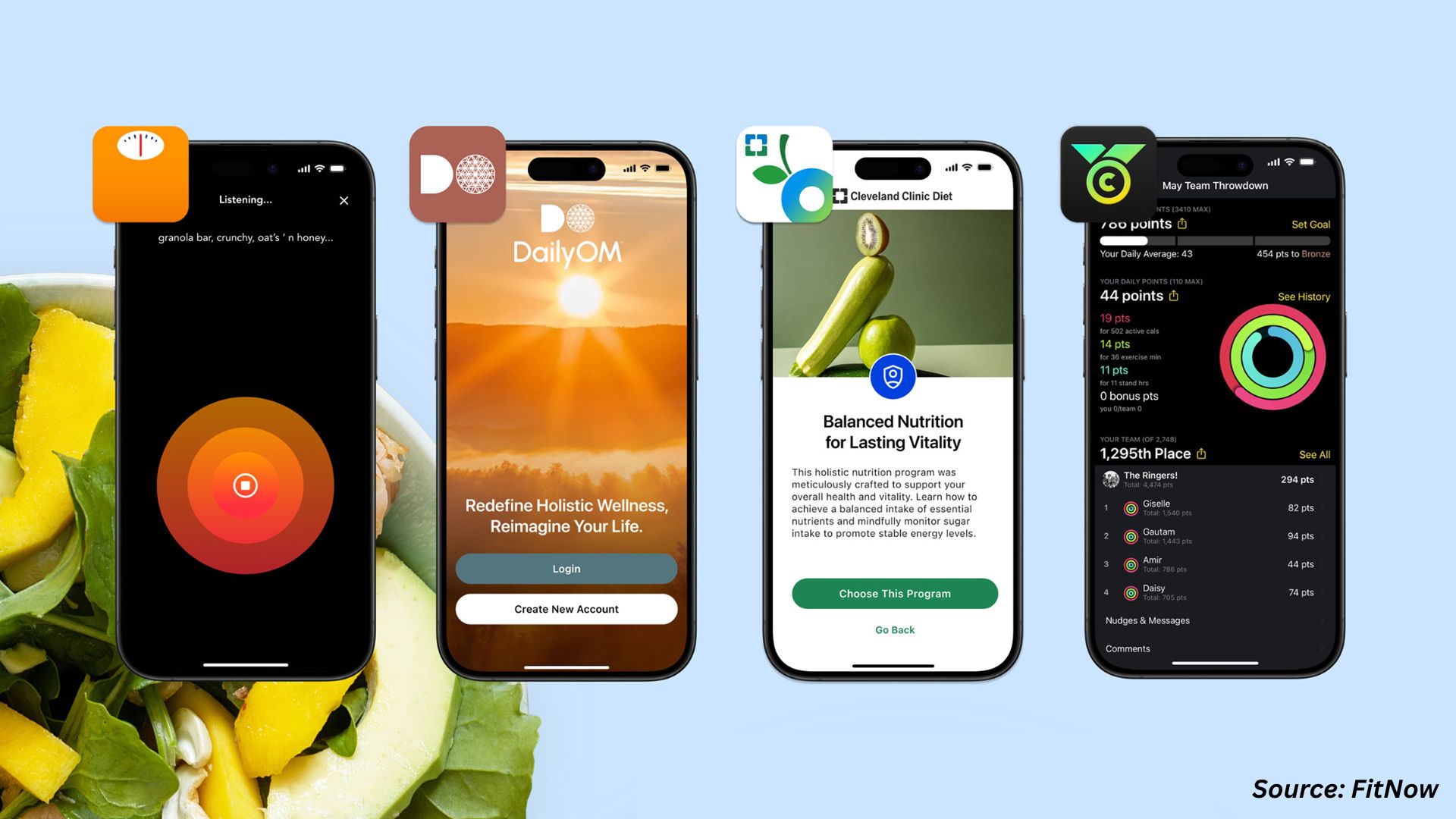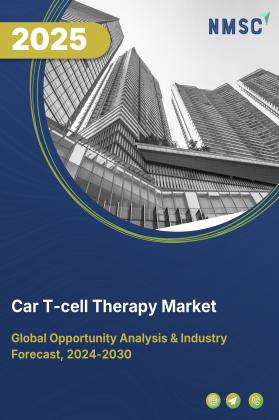
Car T-cell Therapy Market by Product/Drug (Axicabtagene ciloleucel), by Technology (Viral Vectors), by Target Antigen (CD19), by Indication (Hematologic Malignancies), by Therapy Type (Autologous), by Care Setting (Inpatient), by Line of Therapy (Second Line, Third Line), by Patient Group (Pediatric), by Payer (Public, Private), by Manufacturing & Delivery Model (Centralized Manufacturer Facilities), and by End User (Hospitals) – Global Opportunity Analysis and Industry Forecast 2025–2030
Industry Outlook
The global Car T-cell Therapy Market size was valued at USD 6.31 billion in 2024, with an estimation of USD 8.21 billion in 2025 and is predicted to reach USD 30.48 billion by 2030 with a CAGR of 30.0% from 2025-2030. The sector is witnessing robust growth driven by the rising incidence of cancer, particularly hematological malignancies, and the global shift toward precision medicine.
By engineering a patient’s own T-cells to target cancer cells, these therapies offer personalized and highly effective treatment options for patients unresponsive to conventional methods. Strong R&D investments and a growing clinical pipeline are accelerating innovation, expanding applications beyond blood cancers to solid tumors and autoimmune diseases.
However, high treatment costs and associated healthCare burdens pose significant challenges to widespread adoption. Despite this, the potential use of Car T-cell therapy in autoimmune disorders unlocks new growth opportunities, positioning it as a transformative solution in next-generation healthCare.
Rising Incidence of Cancer Drives the Market Growth
The rising incidence of cancer is a major driver of the car T-cell therapy market growth, particularly for hematological malignancies such as leukemia, lymphoma, and multiple myeloma. According to the National Cancer Institute, an estimated 2,041,910 new cancer cases and 618,120 deaths are expected in the United States in 2025, highlighting the scale of the challenge and the urgent need for more effective treatments.
Car T-cell therapy, with its targeted and personalized mechanism, offers a promising solution for patients who do not respond to conventional options, and as cancer prevalence continues to increase, demand for such advanced immunotherapies is expected to grow significantly.
Precision Medicine Alignment Boosts the Market Demand
The growing emphasis on precision medicine is a significant driver of the car T-cell therapy market demand, as healthCare increasingly shifts toward treatments tailored to individual patients. Unlike conventional therapies that adopt a one-size-fits-all approach, Car T-cell therapy involves engineering a patient’s own T-cells to specifically target cancer cells, ensuring higher efficacy and reduced risk of relapse.
This personalized approach not only improves treatment outcomes but also aligns with the broader medical trend of delivering therapies based on genetic, molecular, and cellular characteristics. As precision medicine gains momentum globally, Car T-cell therapies are well-positioned to expand adoption, reinforcing their role as a cornerstone in next-generation cancer treatment.
Strong R&D Investments and Clinical Pipeline Fuels Market Expansion
A robust research and development ecosystem, supported by substantial public and private investments, is a major driver of the car T-cell therapy market expansion. Hundreds of clinical trials are underway globally, exploring Car T-cell applications not only in hematological cancers but also in solid tumors and autoimmune diseases. This expanding pipeline reflects the strong confidence of pharmaceutical companies, biotech firms, and academic institutions in the therapy’s potential.
Significant funding and collaborations are accelerating innovation, leading to next-generation CAR T technologies with improved safety, efficacy, and manufacturing efficiency. As these therapies progress through clinical stages and move closer to commercialization, they are expected to broaden treatment options and drive market growth.
High Treatment Cost Limits the Market Growth
A key restraint of the market is the high cost associated with treatment. The complex process of extracting, engineering, and reinfusing a patient’s T-cells, combined with the need for specialized facilities and highly skilled professionals, makes these therapies extremely expensive.
Beyond the therapy itself, additional costs related to hospitalization, monitoring, and management of side effects further add to the financial burden. This limits accessibility for many patients and poses challenges for healthCare systems and insurers, particularly in regions with constrained resources. Unless cost-effective manufacturing and delivery models are developed, affordability will remain a significant barrier to widespread adoption.
Application in Autoimmune Diseases Unlocks New Growth Opportunities for the Market
The potential use of Car T-cell therapy in autoimmune diseases represents a significant growth opportunity for the market. Traditionally focused on cancer, recent research and clinical studies have demonstrated that CAR T-cells be engineered to “reset” the immune system by targeting and eliminating malfunctioning immune cells responsible for autoimmune responses.
Early successes in conditions such as lupus and multiple sclerosis highlight the therapy’s potential to provide long-term remission where conventional treatments fail. Expanding Car T-cell applications into autoimmune disorders not only broadens the eligible patient base but also positions the therapy as a transformative solution beyond oncology, opening a new frontier for market growth.
Market Segmentation and Scope of Study
The car T-cell therapy market report is segmented by product/drug, technology, target antigen, indication, therapy type, care setting, line of therapy, patient group, payer channel, manufacturing model, end user, and region. Products/Drugs include axicabtagene ciloleucel, tisagenlecleucel, brexucabtagene autoleucel, lisocabtagene maraleucel, idecabtagene vicleucel, ciltacabtagene autoleucel, and emerging assets. Technologies span viral vectors such as lentiviral and retroviral, along with non-viral and gene-edited methods including transposon systems, CRISPR, and next-generation approaches. Target antigens include CD19, BCMA, CD20, CD22, dual or multitarget, and emerging types. Indications cover hematologic malignancies, leukemias, plasma cell cancers, and solid tumors. By region the market is classified into North America, Europe, Asia-Pacific, and RoW.
Geographical Analysis
In North America, particularly in the United States, strong regulatory support serves as a key driver of the car T-cell therapy market share. Agencies such as the U.S. Food and Drug Administration (FDA) have established expedited approval pathways, including breakthrough therapy and regenerative medicine designations, to accelerate the development and commercialization of Car T-cell products. This proactive regulatory framework not only facilitates faster patient access to innovative treatments but also encourages ongoing investment and clinical research in the region. As a result, North America remains at the forefront of Car T-cell therapy adoption and market growth.
In Europe, a major driver of the Car T-cell therapy industry is the region’s strong foundation in clinical research and collaborative networks. European countries host numerous academic institutions, research hospitals, and biotechnology companies that are actively engaged in developing and testing car T-cell therapies.
Collaborative efforts, supported by initiatives from the European Medicines Agency (EMA) and pan-European research programs, accelerate innovation and clinical adoption. These partnerships not only expand the pipeline of CAR T therapies but also enhance knowledge sharing and access to advanced technologies, positioning Europe as a key hub for advancing cell and gene therapy research and commercialization.
The growing incidence of cancer in Asia-Pacific is a key factor driving demand for car T-cell therapies. According to Press Information Bureau (PIB), in 2025, around 100 out of every 1 lakh people in India are diagnosed with cancer, reflecting the rising prevalence of the disease in one of the region’s largest populations.
Similar trends are observed across other Asia-Pacific countries, where factors such as aging demographics and lifestyle changes are contributing to the cancer burden. This expanding patient pool highlights the urgent need for advanced therapies beyond conventional options. Car T-cell therapy, with its targeted and personalized mechanism, is well-positioned to address this demand, fueling car T-cell therapy market industry growth in the region.
In the Rest of the World (ROW), the expansion of healthCare infrastructure is a key driver of the car T-cell therapy market. Countries across Latin America, the Middle East, and Africa are increasingly investing in advanced cancer Care facilities, specialized treatment centers, and laboratories capable of supporting complex cell and gene therapies.
These developments not only improve the capacity to deliver car T-cell treatments but also enhance patient access to innovative oncology solutions that were previously limited in availability. Strengthened infrastructure also fosters clinical research, professional training, and broader integration of advanced therapies, collectively fuelling the car T-cell therapy market growth in ROW regions.
Strategic Innovations Adopted by Key Players
Key players in the car T-cell therapy industry are actively enhancing their market position through strategic acquisitions, regulatory approvals, and manufacturing scale-up initiatives.
-
In March 2025, Bristol-Myers Squibb acquired 2seventy bio, a Car T-cell therapy developer and spin-off from bluebird bio, for approximately USD 286 million in cash. This deal strengthens BMS’s control over the Abecma therapy and reduces future profit-sharing complexities.
-
In December 2024, Autolus’s Car T-cell therapy, Aucatzyl, received FDA approval to treat acute lymphoblastic leukemia (ALL). The drug is designed to bind to cancer cells for a shorter duration, aiming to reduce the severity of side effects.
-
In March 2024, Gilead expected to quadruple its Car T-cell manufacturing capacity by 2026, scaling up to around 24,000 treatments annually without expanding its current facilities.
Key Benefits
-
The report provides quantitative analysis and estimations of the industry from 2025 to 2030, that assists in identifying the prevailing car T-cell therapy market opportunities.
-
The study comprises a deep-dive analysis of the current and future car T-cell therapy market trends to depict prevalent investment pockets in the market.
-
Information related to key drivers, restraints, and opportunities and their impact on the market is provided in the report.
-
Competitive analysis of the players, along with their market share is provided in the report.
-
SWOT analysis and Porters Five Forces model is elaborated in the car T-cell therapy market study.
-
Value chain analysis in the market study provides a clear picture of roles of stakeholders
Car T-cell Therapy Market Key Segments
By Product/Drug
-
Axicabtagene ciloleucel
-
Tisagenlecleucel
-
Brexucabtagene autoleucel
-
Lisocabtagene maraleucel
-
Idecabtagene vicleucel
-
Ciltacabtagene autoleucel
-
Others
By Technology / Vector Platform
-
Viral Vectors
-
Lentiviral
-
Retroviral
-
-
Non-viral & Gene-edited Approaches
-
Transposon systems
-
CRISPR / TALEN edited
-
Next-gen
-
By Target Antigen
-
CD19
-
BCMA
-
CD20
-
CD22
-
Dual/Multitarget
-
Emerging
By Indication
-
Hematologic Malignancies
-
B-cell Lymphomas
-
Diffuse Large B-Cell Lymphoma
-
Follicular Lymphoma
-
Mantle Cell Lymphoma
-
Marginal Zone Lymphoma
-
-
Leukemias
-
Acute Lymphoblastic Leukemia
-
Chronic Lymphocytic Leukemia
-
Acute Myeloid Leukemia
-
-
Plasma Cell Malignancies
-
Multiple Myeloma
-
-
Solid Tumors
-
Glioblastoma
-
Pancreatic, Ovarian, Lung, Sarcoma
-
Gastric
-
Prostate, Breast, Others
-
By Therapy Type
-
Autologous Car T-cell Therapy
-
Allogeneic Car T-cell Therapy
By Care Setting
-
Inpatient
-
Outpatient / Day-Care
By Line of Therapy (LoT)
-
Second Line
-
Third Line and Beyond
By Patient Group
-
Pediatric / Adolescent
-
Adult
By Payer/Funding Channel
-
Public
-
Private / Commercial Insurance
-
Self-Pay / Out-of-Pocket
By Manufacturing & Delivery Model
-
Centralized Manufacturer Facilities
-
Contract Manufacturing Organizations
-
Point-of-Care Academic Manufacturing
By End User
-
Hospitals
-
Specialty Cancer Treatment Centers
By Region
-
North America
-
The U.S
-
Canada
-
Mexico
-
-
Europe
-
The UK
-
Germany
-
France
-
Italy
-
Spain
-
Denmark
-
Netherlands
-
Finland
-
Sweden
-
Norway
-
Russia
-
Rest of Europe
-
-
Asia-Pacific
-
China
-
Japan
-
India
-
South Korea
-
Australia
-
Indonesia
-
Singapore
-
Taiwan
-
Thailand
-
Rest of Asia-Pacific
-
-
Rest of the World
-
Latin America
-
Middle East
-
Africa
-
Key Players
-
Bristol-Myers Squibb Company
-
Gilead Sciences, Inc
-
JW Therapeutics
-
bluebird bio, Inc
-
Sangamo Therapeutics
-
autolus therapeutics
-
wugen
-
Cartesian Therapeutics
-
IASO biotherapeutics
-
Allogene therapeutics
-
ImmunoAct
-
CRISPR Therapeutics
-
Acro Biosystems
Report Scope And Segmentation
|
Parameters |
Details |
|
Market Size in 2025 |
USD 8.21 billion |
|
Revenue Forecast in 2030 |
USD 30.48 Billion |
|
Growth Rate |
CAGR of 30.0% from 2025 to 2030 |
|
Analysis Period |
2024–2030 |
|
Base Year Considered |
2024 |
|
Forecast Period |
2025–2030 |
|
Market Size Estimation |
Billion (USD) |
|
Growth Factors |
|
|
Countries Covered |
28 |
|
Companies Profiled |
15 |
|
Market Share |
Available for 10 companies |
|
Customization Scope |
Free customization (equivalent to up to 80 working hours of analysts) after purchase. Addition or alteration to country, regional, and segment scope. |
|
Pricing and Purchase Options |
Avail customized purchase options to meet your exact research needs. |
















 Speak to Our Analyst
Speak to Our Analyst



